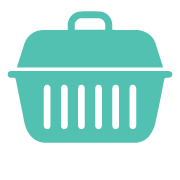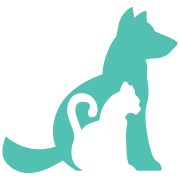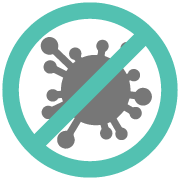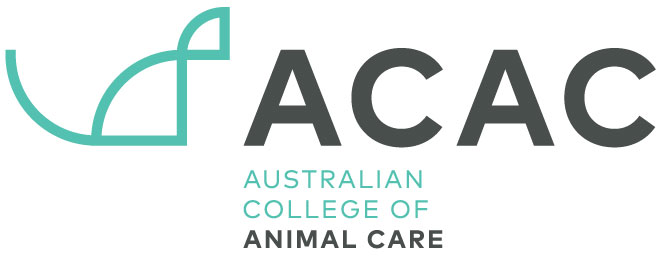
COURSE HANDBOOK – 2019
What Will I Learn in this Course?
This course is designed to give you a complete introduction to working in the animal care industry and kick-start your career.
Here’s a list of the subjects you’ll study:
Working in Animal Care


Discover what’s involved in working in the animal care industry from the ground up. We’ll cover the career pathways then branch out into basic animal identification and profiles, terminology, work schedules and prioritising tasks, and Animal Welfare legislation. You’ll also need to do some research on career pathways, general job overviews, and typical employment conditions (e.g. awards and hours worked).
Working Safely in Animal Care


Health and safety are vital aspects of working in any animal care workplace. We’ll introduce you to Work Health and Safety legislation and how it applies to employees, and teach you the basics of risk management and controls. We’ll also show you how to deal with sharps, allergies, noise, dangerous chemicals and drugs, emergencies, biological hazards and zoonoses. Then we’ll finish off with a closer look at animal hazards and manual handling when it comes to animal care workplaces and how you can minimise injury.
Animal Restraint & Handling


Basic Animal Handling is a whole subject devoted to the correct handling and restraint of the animals in our care. Although a large focus is on dogs and cats, rabbits, guinea pigs and birds are also covered. Providing safe and low stress animal handling is a vital skill for any animal care worker.
Animal Care Basics


This subject covers the basic husbandry requirements of common companion animals and how to look after them when housed in an animal care workplace. You will learn about hygiene routines, feeding and watering, physical exams, basic observations and about a variety of common tasks that you will be expected to perform when you start your animal care career.
Basic First Aid for Animals


This subject will introduce you to what to do in an emergency situation when you come across an ill or injured companion animal. You will learn about keeping yourself, others and the animal safe whilst administering basic first aid. We also cover initial first aid steps, how to safely transport to a vet clinic, and when you must contact a vet for further advice and treatment.
Communications


Many animal care facilities will require you communicate effectively with both clients and colleagues, Switching terminology is part of this, as is utilising solid communication strategies. Feeling confident in this area can make you more employable and come across great in interviews. Communication techniques also enhance customer service skills and the all-important dealing with complaining clients gracefully.
Infection Control in Animal Care


This is a vital element in animal care facility – you’ll learn how to apply basic infection control principles to prevent the spread of diseases, how to set up and use an isolation facility, and how to handle potentially infectious animals.
Sustainable Work Practices


This short subject aims to increase awareness sustainable work practices and is a government requirement. It takes a look at the resources you’re likely to use each day and how to minimise the impact on our environment. You’ll take a practical ‘audit’ of a workplace to see what resources are used and how to implement measures that reduce waste.
Work Placement


To ensure you really understand what you are learning, and master the necessary practical skills, you will undertake 20 days (8 hrs each) of work placement in an approved workplace. These 20 days are split into two lots of two-week placements, covering various skills necessary for the subject related to them. We are very flexible however and can change the structure of the placement to suit you and the workplace, whether you do a day a week, or blocks of weeks. Whatever you need to complete the requirements. Prior to starting your placement, you must successfully complete the WHS and Basics of Animal Handling subjects.
